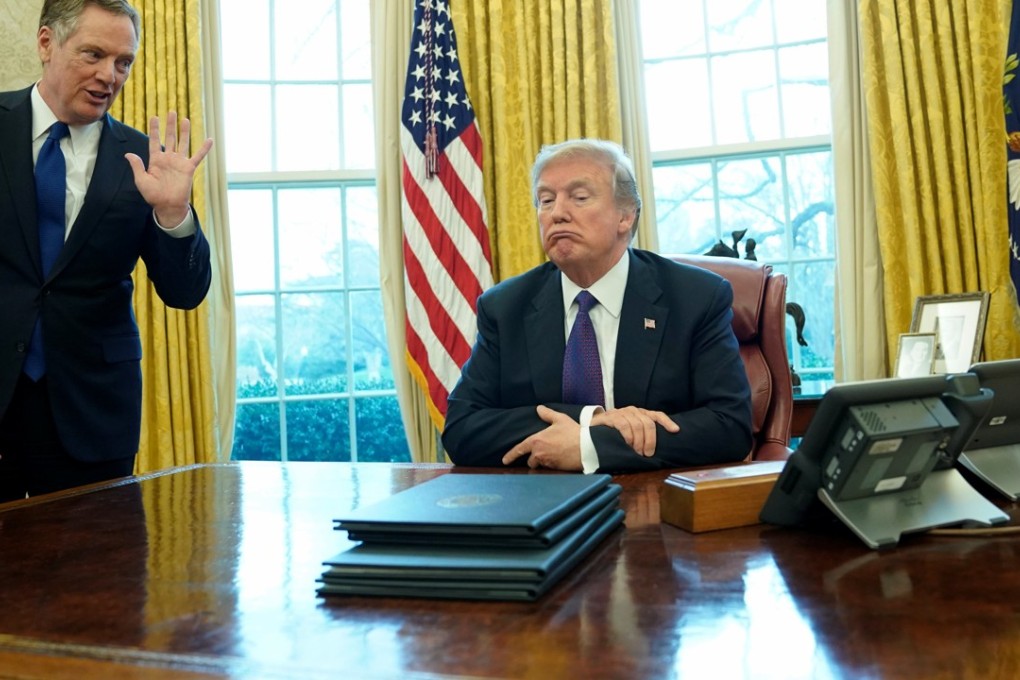Quick Take | Is China ready for what US could unleash in trade war?
Tariffs and blocking trade are just parts of the arsenal Washington could deploy – citing ‘national security interests’ – to monitor, control and stop commercial activities

As rumblings of a trade war between Washington and Beijing grow louder, the Trump administration appears to be gearing up for renewed confrontation with China.
It’s a matter of time before Trump and China embrace the TPP
But these moves are just a small part of the policy arsenal Washington could unleash under the banner of “national security interests” to monitor, control and block commercial activities between Chinese and American entities.
Watch: Trump’s new tariffs spark outcry in Asia
There are a variety of show-stopping actions the administration could take, with little or no warning, including: blocking foreign acquisitions or deals with firms and industries Washington considers “nationally sensitive”; new or increased sanctions against individuals, companies and countries; and introducing new export licensing requirements for seemingly benign materials and components – causing rapid disruption to global supply chains.
Locked and loaded, China and the US are heading into a trade war
These scenarios fall under the lengthening shadow of what are known as strategic industries and economic security, through which more than a dozen US federal agencies enforce hundreds of regulations and restrictions.
